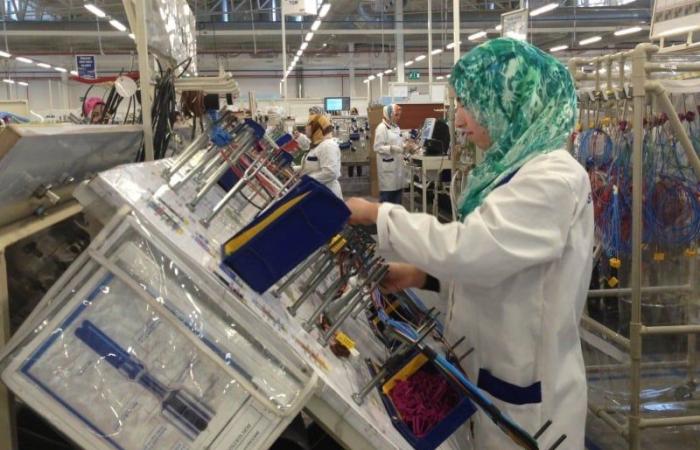The Moroccan productive fabric, largely dominated by small and medium-sized enterprises, is the subject of renewed attention with the publication this week of an unprecedented report from the World Bank, developed in collaboration with the Moroccan Observatory of Very Small Enterprises, Small and Medium Businesses. This document, described as “ first of its kind“, is based on a methodology for analyzing precise micro-data, thus paving the way for ambitious reforms to boost the performance of the private sector in Morocco.
Titled ” Unlocking the potential of the Moroccan private sector: analysis of business dynamics and productivity“, the report was at the center of discussions during a conference in Rabat in the presence of the press, and highlights a striking observation: very small and small businesses constitute 88% of the national entrepreneurial fabric in the formal economy of the country. This predominance, although it testifies to entrepreneurial vitality, is also indicative of the structural challenges to be overcome to maximize productivity and competitiveness.
Among the key recommendations, the report calls for “ strengthen the competitive environment of Moroccan companies“, emphasizing the importance of facilitating access for young entrepreneurial projects to the resources essential to their growth. Experts point out that the lack of “ financial resources » remains a major obstacle to development, preventing many small businesses from growing and accessing larger markets.
Furthermore, another avenue of reform suggested is the improvement of bankruptcy and liquidation procedures, in order to allow an efficient exit of non-viable companies, while avoiding perpetuating inefficiencies within the economic fabric. This would allow a more rational reallocation of resources towards sectors with high added value, notably services, thus offering new growth prospects for the Moroccan private sector.
The report also recommends “ support the modernization of the industrial sector » and re-examine tax incentives. Indeed, the authors warn against the perverse effects of current tax systems, which could encourage certain companies to remain small to avoid tax and administrative obligations. A reform of these incentives could thus promote healthier business expansion.
With this in mind, the World Bank and its partners emphasize the urgency of initiating deep structural reforms to overcome the ” market distortions“, which are currently hampering the competitiveness of Moroccan companies. These reforms, combined with a framework conducive to innovation and growth, are considered essential to unlock the potential of the private sector, an essential driver of job creation and the country’s economic transformation.
The report also highlights an encouraging dynamic: that of a high density of business creation, particularly in the form of “ limited liability companies“, with a rate of around 3 companies per 1000 inhabitants in 2022. This entrepreneurial vitality is a positive indicator, although tempered by the fact that few companies achieve significant growth, as revealed by Bank’s cross-analyses. Al-Maghrib, the CNSS, the DGI and the OMPIC.
Finally, the document underlines that, despite an upward dynamic observed between 2017 and 2021 in business creation, growth remains moderate. This situation is partly explained by the low number of high-growth companies, which nevertheless play a central role in the creation of formal jobs and in the organization of the entrepreneurial fabric.
This report therefore constitutes a clear call to action: to achieve the objectives of the 2035 development model, it is imperative to address the structural weaknesses that limit the growth potential of the Moroccan private sector.






